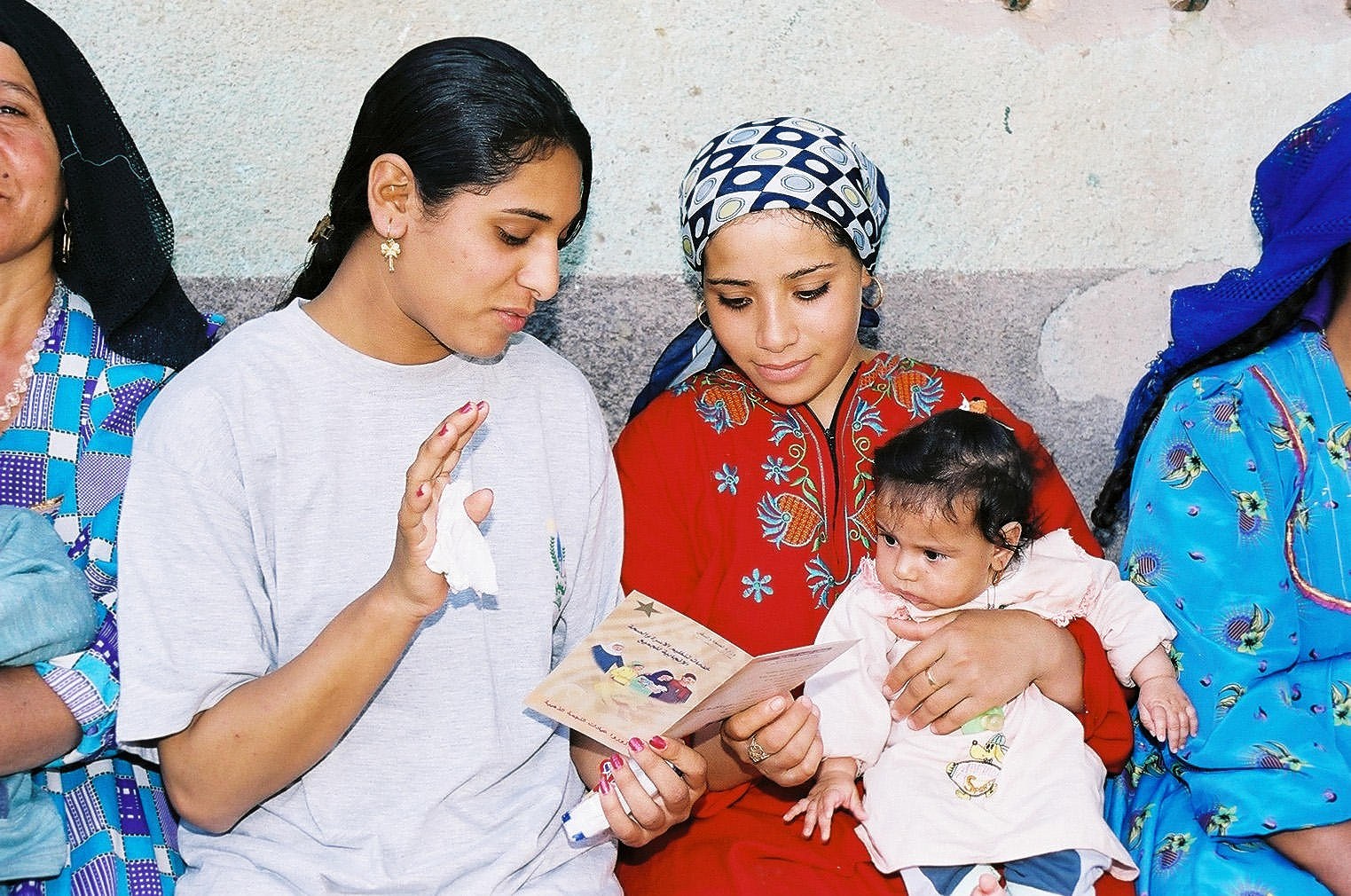The Ministry of Health and Population announced the launch of a free family planning and reproductive health campaign under the slogan “Your Right to Plan” in 9 governorates nationwide during the first two weeks of December, local media reports.
In a statement, the ministry stated that this campaign comes within the framework of providing free services to facilitate family planning in cities and villages that are remote and deprived, which comes as part of the government’s “decent life” initiative to raise the usage of family planning methods.
Sahar El Sonbaty, Head of Population and Family Planning Sector, added that the ministry will cooperate with the Integrated Reproductive Health Support Program to launch the campaign within two stages, from December 1 till 5 and from December 8 until 12 in Damietta, al-Beheira, Alexandria, Qalyubiya, Fayoum, Portsaid, Assiut, Sohag, South Sinai.
Family planning specialists in fixed and mobile clinics, public hospitals, and maternity and child care centers will also carry out a medical examination on couples and provide the required medication.
In addition, she pointed out that awareness campaigns will be organized as part of the “Ayamna Ahla” (Our Days Are Better” initiative to raise awareness on the importance of family planning and its impact on maternal and child health.
FAMILY PLANNING IN EGYPT
Social, cultural, and religious norms in Egypt have sometimes caused family planning to be stigmatized. Between 2008 and 2014, the average number of children a woman has increased from a level of 3.0 births per woman to 3.5 births per woman.
The government aims to reduce the birth rate to 3.1 children per woman by the end of 2020 and to 2.4 children per woman by the end of 2030 through providing safe family planning services to every Egyptian woman.
Access to safe, voluntary family planning is recognized as a human right around the world.
Family planning is central to gender equality and women’s empowerment, and it is a key factor in reducing poverty. Women often are unable to carry out family planning because of lack access to information, services, commodities or the support of their partners or communities.
* This article was originally published here



0 Comments